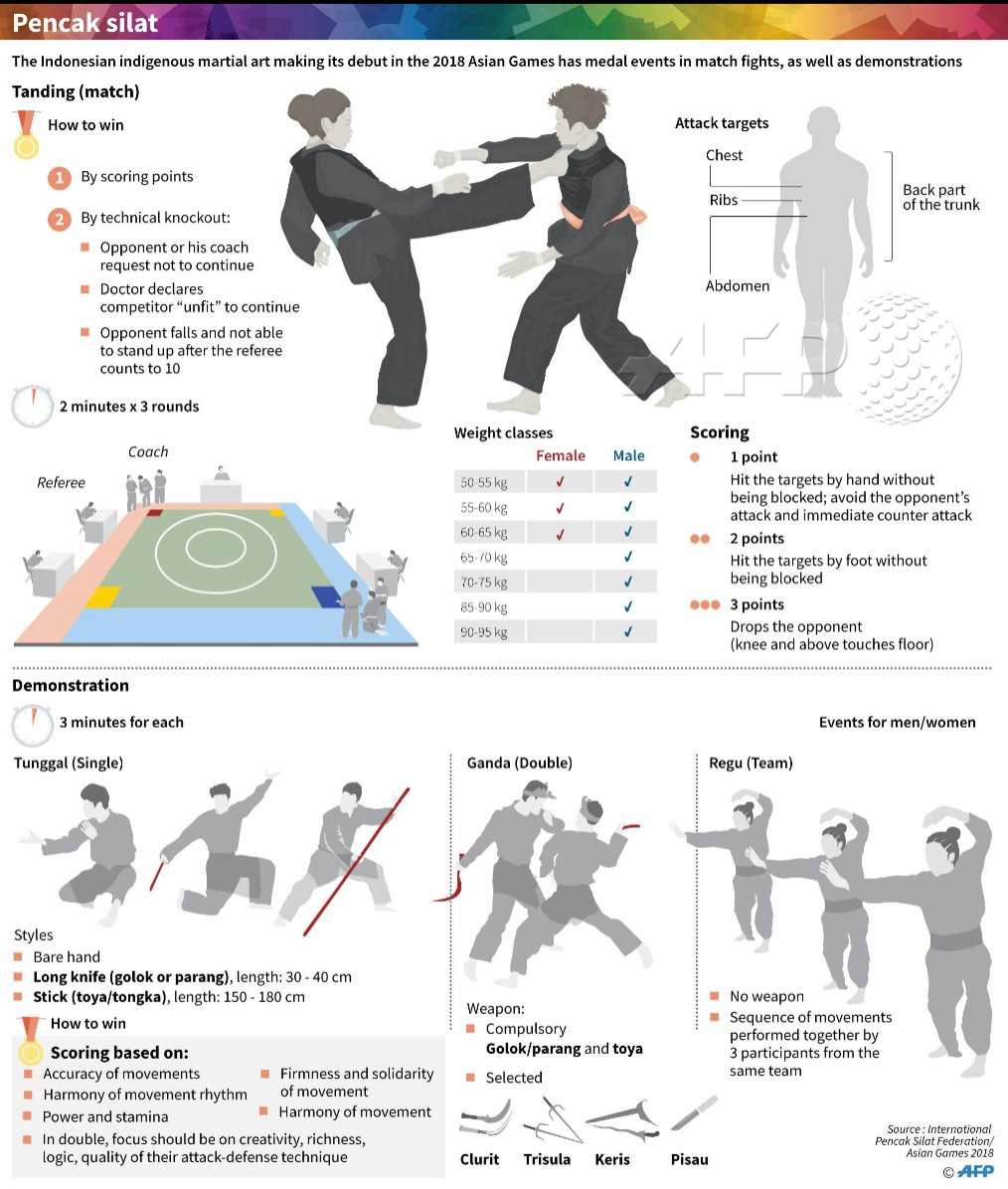Exploring The Rich Heritage And Spiritual Dimensions Of Martial Arts: A Complete Examination
Exploring The Rich Heritage And Spiritual Dimensions Of Martial Arts: A Complete Examination
Blog Article
Write-Up Author-Lauridsen Wall
Enter the ancient world where martial arts were substantiated of necessity in varied areas. Cultures crafted one-of-a-kind fighting styles linked with historical contexts. Techniques advanced over centuries with devoted method and cultural exchanges. Today, modern-day martial arts blend traditional aspects for maximum efficiency. Philosophically, martial arts stress technique, self-improvement, and consistency. Respect, humbleness, and balance are fundamental principles guiding practitioners in the direction of development and durability. Discover the depths of this rich history and approach to discover the extensive influences forming this long-lasting self-control.
Beginnings of Fighting Style
Martial arts originated in numerous areas around the world, advancing as useful combat systems to defend against risks. These old battling styles were developed out of necessity, with each culture crafting methods fit to their special atmospheres and difficulties. From the grappling arts of Jujutsu in Japan to the striking techniques of Kung Fu in China, martial arts were deeply linked with the historic, social, and social textile of their particular societies.
In Japan, the samurai class refined martial arts like Kenjutsu, the art of the sword, which later on evolved right into the more popularized kind of Kendo. Meanwhile, in Brazil, Capoeira became a blend of dance and fight, created by enslaved Africans as a means to withstand injustice. Each fighting style lugs with it an abundant history and ideology, mirroring the values and ideas of individuals that exercised them.
As you delve into the beginnings of martial arts, you reveal a tapestry of human resourcefulness, durability, and the stubborn spirit of warriors throughout time.
Evolution of Strategies
Via centuries of technique and improvement, battle strategies within numerous martial arts have gone through a profound evolution. From old styles like Martial art and Martial arts to more modern-day self-controls such as Brazilian Jiu-Jitsu and Krav Maga, the evolution of strategies has actually been driven by a combination of cultural impacts, sensible applications, and technological advancements.
One substantial facet of this development is the cross-pollination of strategies in between various martial arts. For example, strategies from standard Japanese Jiu-Jitsu were included right into the production of Judo by Jigoro Kano in the late 19th century. This blending of styles has resulted in the advancement of hybrid martial arts like Mixed Martial Arts (MIXED MARTIAL ARTS), which incorporate elements of striking, grappling, and submission techniques.
Furthermore, the evolution of methods has actually been formed by the raising emphasis on effectiveness and effectiveness in fight. https://www.ndtv.com/offbeat/nagaland-minister-temjen-imna-along-posts-photo-with-karate-kids-wins-hearts-online-3871532 have actually constantly looked for to improve their methods through rigorous training, experimentation, and competition, resulting in the advancement of very specialized and reliable combating styles. Overall, the advancement of strategies in martial arts mirrors the vibrant nature of fight and the recurring mission for renovation and development.
Thoughtful Foundations
Exploring the underlying thoughtful concepts of martial arts supplies insight into their core worths and leading ideas. At the heart of lots of martial arts self-controls is the idea of self-control itself. By training your body and mind to work as one natural unit, you grow self-control that prolongs beyond the dojo or health club right into everyday life. This discipline encompasses regard, humility, and self-control, forming not just your physical capacities yet also your personality.
One more basic thoughtful structure in martial arts is the concept of continuous self-improvement. The trip of understanding a martial art is relentless, with specialists constantly striving to far better themselves, both literally and mentally. This focus on growth cultivates resilience, perseverance, and a development mindset that can be related to all aspects of life.
Furthermore, martial arts stress the importance of consistency and equilibrium. https://selfdefensewomanflipsatta96284.blogsvila.com/35620542/at-the-core-of-karate-courses-is-a-considerable-trip-that-empowers-both-mental-and-physical-growth are developed to use a challenger's power against them, highlighting the principle of producing and rerouting pressure as opposed to fulfilling it head-on. This philosophy reaches interpersonal partnerships, promoting serene resolutions and good understanding. By embracing these thoughtful structures, martial artists not just enhance their fight abilities but also cultivate a way of life centered on personal development, respect, and consistency.
Final thought
Finally, the background and philosophy of martial arts offer an abundant tapestry of tradition, self-control, and self-improvement.
Consider instance the story of Bruce Lee, who changed martial arts by mixing different designs and viewpoints to develop his own special kind of Jeet Kune Do.
With martial arts training at home and advancement, martial artists continue to push borders and influence others to reach their complete capacity both in combat and in life.
